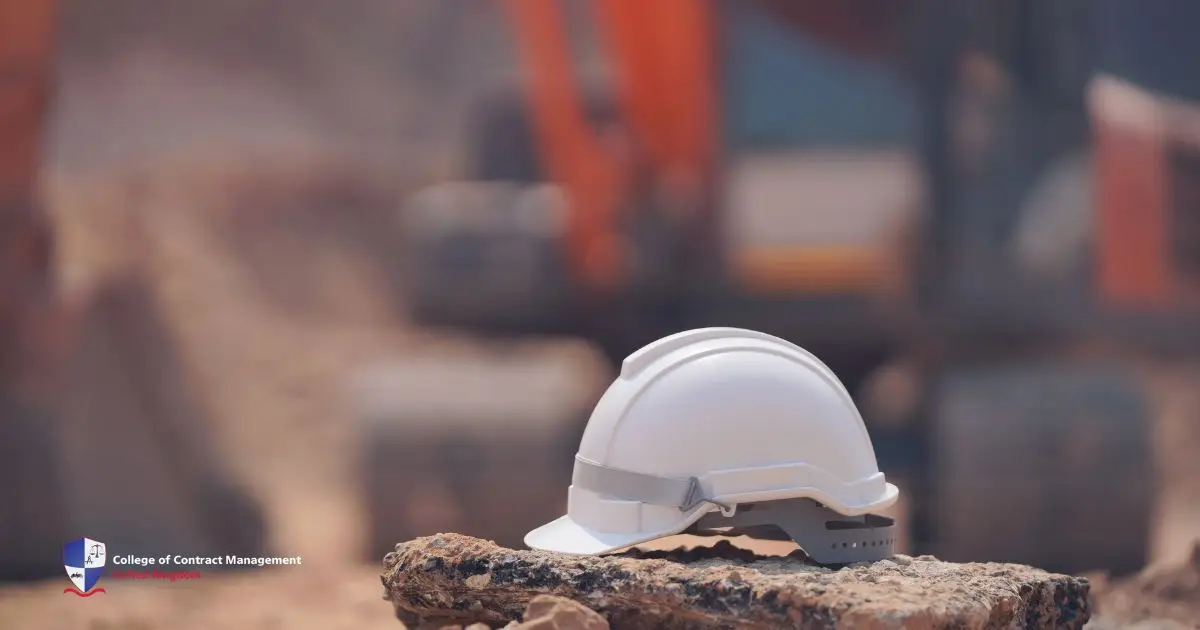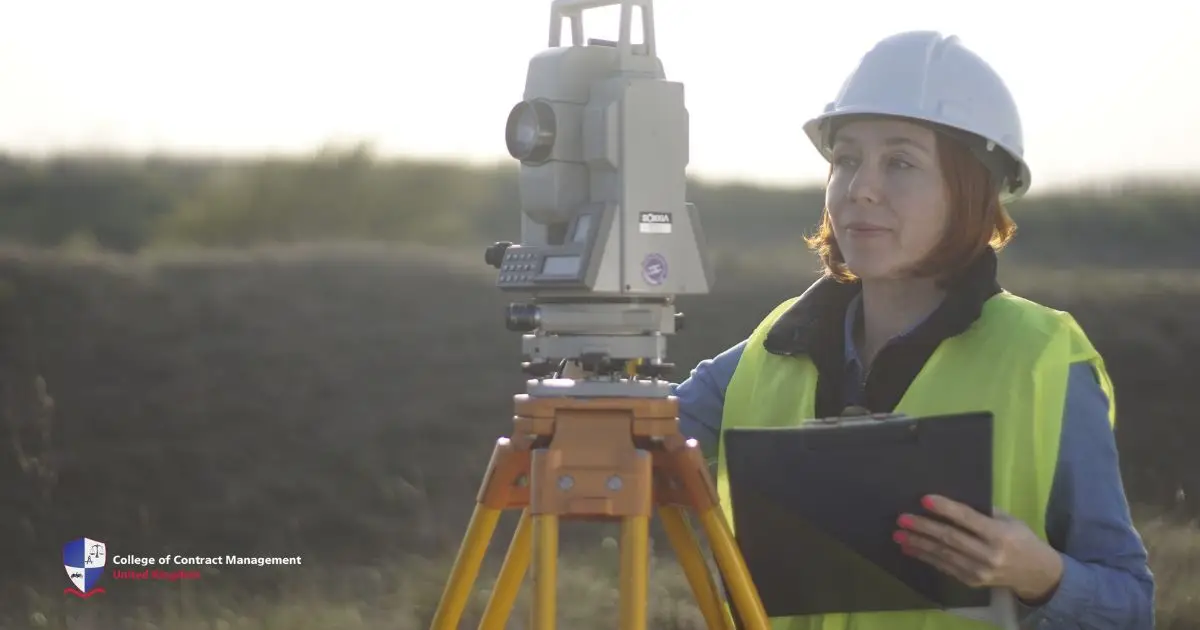The Construction Skills Certification Scheme (CSCS) plays a key role in the UK construction industry, ensuring workers are qualified and fully trained to undertake tasks. By requiring personnel to complete strict training and competencies standards, the CSCS notably elevates the industry's professionalism, efficiency, and safety. This scheme is essential for maintaining a highly skilled workforce that meets the demands of today's construction environment.
What is the Construction Skills Certification Scheme?
The Construction Skills Certification Scheme (CSCS) is a certification scheme that was formally established in 1995 in the UK’s construction industry. This was made to certify a uniform system that aims to evaluate the proficiency of employees before working on a construction site.
What is a CSCS Card?
The CSCS is the most utilised skills certification programme in the UK's construction industry. The employers will review workers to see if they meet the aptitude and are knowledgeable about the know-how abilities necessary to operate in the field.
These cards are an advantage and show the completion of the education and experience needed to ensure that workers demonstrate efficient job performance that enhances workplace safety.
The major contractor may request workers to have a CSCS card before allowing them to enter the construction site. However, this is completely optional, as some construction companies do not mandatorily require you to have them.
How to Apply for a CSCS Card
The CSCS card requirements determine the work credentials applied on the website if relevant to construction-related fields. The 45-minute CITB Health, Safety, and Environment (HS&E) test is available online. Applicants must submit their documents from previous training and qualifications, such as an NVQ. Please click CSCS Website to process your CSCS card application.
Types of CSCS Cards
- Labourer - For entry-level construction site labourers who pass the CITB Health, Safety, and Environment test.
- Apprenticeship Card - The bearer of this card must provide proof of their registration in a legitimate apprenticeship programme to obtain this card.
- Experienced Technicians, Supervisors, or Managers - This interim card is ideal for non-professional associations after obtaining an appropriate NVQ.
- Experienced Worker Card - Necessary for individuals who pursue an approved NVQ or SVQ certification and have at least a year of construction-related experience.
- Trainee Card- Obtained when individuals have taken the basic health and safety knowledge test to begin their work in the construction business.
- Skilled Worker - Available to individuals who complete an apprenticeship programme approved by the CSCS.
- Advanced Craft - This applies to individuals who have a level 3 NVQ/SVQ, an employer-sponsored apprenticeship, or an indentured apprenticeship by the CSCS.
- Supervisory - Given to a supervisor with a third or fourth degree in NVQ or SVQ in Supervisory/Technical Construction.
- Manager - For individuals with NVQ/SVQ levels four to seven in technical occupations.
- Academically Qualified Person - Open to individuals with relevant construction-related degrees, HNDs, HNCs, and CIOB Certificates and have completed their education and courses.
- CSCS Professional Qualification Card - Used for construction site visits and professional membership with the approval of the CSCS which adheres to the knowledge of health and safety regulations.
- Provisional CSCS Card - Available to individuals who complete a probationary term or on-the-job training programme and should be registered to any construction-related certification before it reaches its expiration.
Benefits of having a CSCS Card
Obtaining a CSCS card offers several benefits, including:
- Enhanced Employability: It shows that you meet health and safety standards, making you a more attractive hire for contractors.
- Industry Recognition: The card validates your skills and knowledge, helping you build a strong reputation in the construction industry.
- Career Advancement: A CSCS card unlocks more job opportunities and demonstrates your commitment to professional growth.
- Personal Development: By maintaining your CSCS card, you stay up-to-date with industry standards, improving your skills and increasing your value in the job market.
Are CITB and CSCS the Same?
No, the Construction Industry Training Board (CITB) and the Construction Skills Certification Scheme (CSCS) are two different organisations in the construction sector.
The CITB tests certify a person's health and safety proficiency and skills as a construction worker, while the CSCS, emphatically issues various cards to prove its eligibility for work on construction sites.
The primary goal of CITB is the construction workforce's training and development.
An electrical site job advertised asks for a CSCS card usually requires an ECS card. The ECS scheme affiliates with the CSCS as an equivalent to the competence card.
How to Use the CSCS Card Checker
The Card Checker is a tool for analysing training records, enabling supervisors to verify employee credentials with industry standards.
Site managers and supervisors check the legitimacy of their employees' credentials using this tool to maintain the industry's standards.
However, a CSCS card is mandatory, given that the person has received the training and expertise to do the job safely.
The CSCS Card Checker is a tool that confirms the training record associated with a CSCS card. Site managers and supervisors must determine the card's validity and their employees' credentials to follow industry standards.
Conclusion
Constantly striving for advancement and considering fresh ways to personal development is crucial. Moreover, the CSCS White and Black cards are perfect for demonstrating an individual’s professional advancement. Therefore, it is important to improve and look for new ways to grow.
The CSCS White cards and CSCS Black cards are a great way to prove your competence within the industry.
The College of Contract Management offers courses at lower costs. Construction careers are dynamic and require CSCS cards to prove competence. Applying for a CSCS card can help boost your career opportunities and elevate your professional growth and development. The followign courses are offering the CSCS Black Card qualifctaion:





